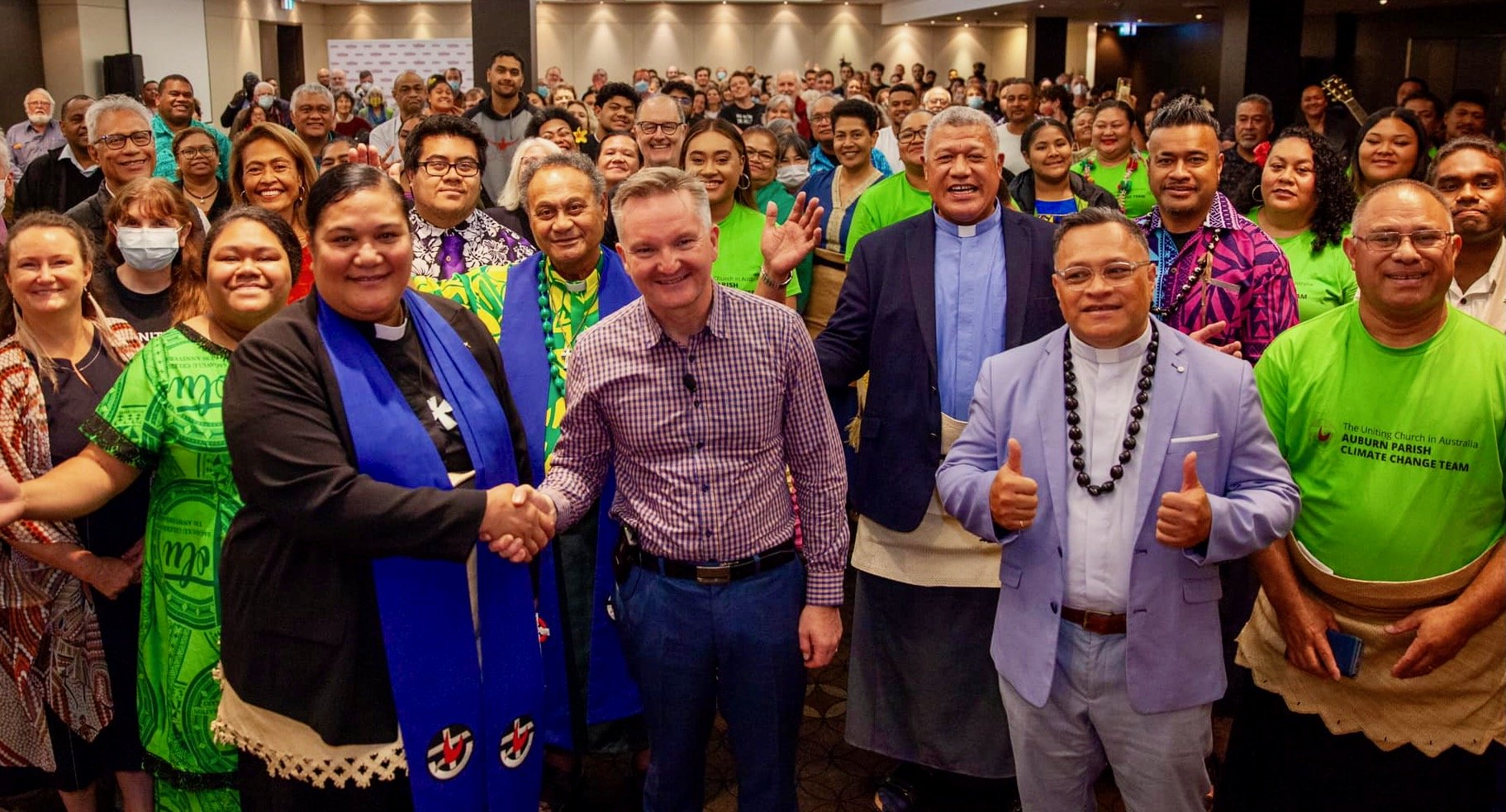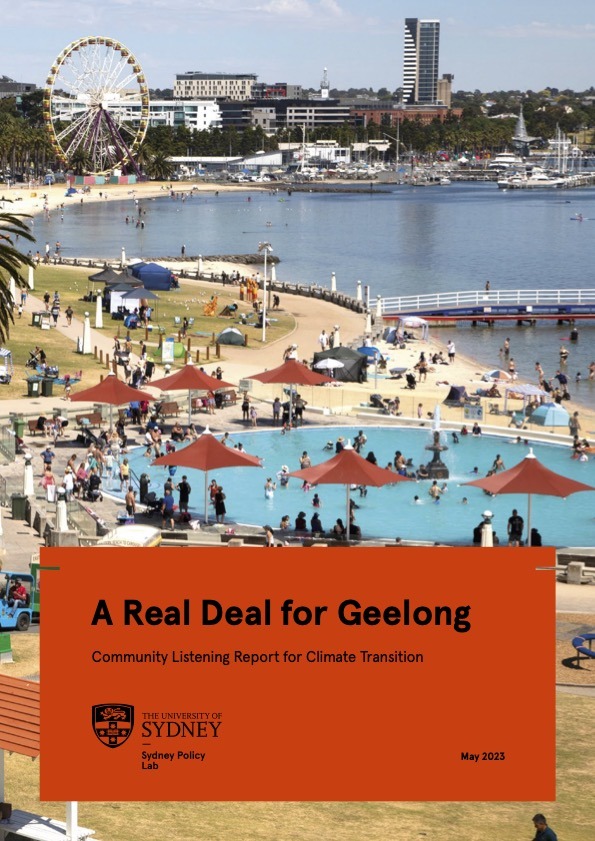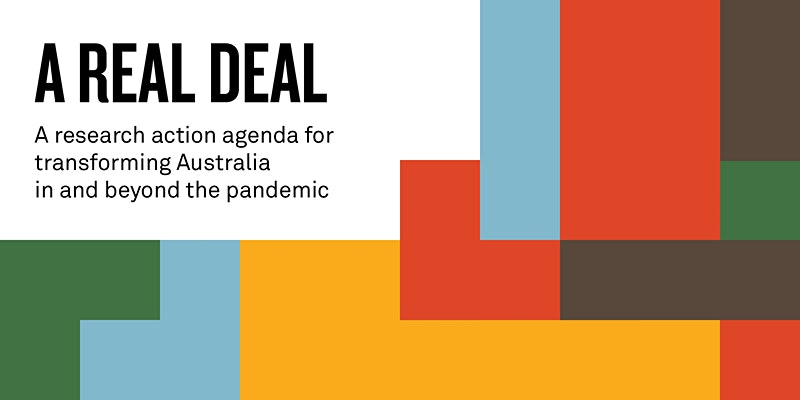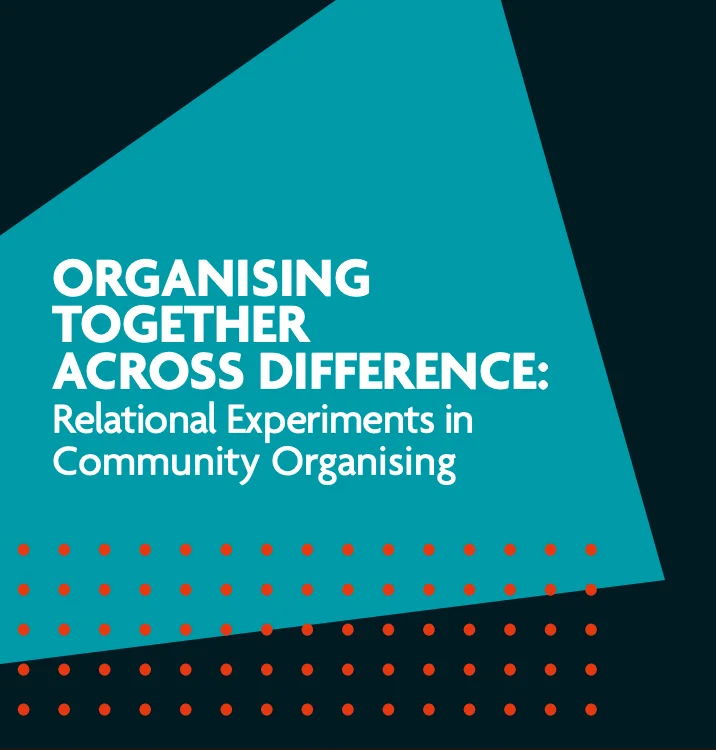Policy
Rethinking People Power Strategy in the Climate Movement: lessons from organising with Multicultural Communities in Western Sydney
Over the last decade, several groups in Australia have successfully mobilised against fossil fuel interests. But which ones have gone the distance?
How can the work of Sydney Alliance contribute to reimagining climate strategy.
These are the findings of a two year study of the work of Sydney Alliance.
Citation:
Tattersall, A., Chhetry, D, S . (2025) Rethinking People Power Strategy in the Climate Movement: Lessons from Organising with Multicultural Communities in Western Sydney around the effects of Climate Change. Sydney: University of Sydney .
Overview
The report explores why and how organising is already playing an important strategic role in building a diverse climate movement. Our findings build on Sunrise Project’s Climate Compass that identified the need to shift public attitudes to climate but argues that this goal is not simply a communications challenge but requires the use of additional movement building strategies. The report locates ‘organising’ as one of a series of people power strategies and explores it through a two-year community-led research project with the Sydney Alliance. A decade of Alliance organising has successfully built community engagement and action on climate and energy issues in places and with communities that the climate movement has struggled to work with. We describe this work as part of the broader climate movement, but who these leaders and organisations are, where they are from, what they have worked on and how they have acted on those issues, has very little in common with what we typically think of as the climate movement. The work is centred in Western Sydney and has been led by its multicultural communities many of whom are new migrants. The word climate is not central to their language, even though they have focused on the challenges that climate change presents to their daily lives, like housing and cost of living. These communities collectively face a multiplicity of justice issues such as inequality and poverty, racism, and Islamophobia, yet have come to see climate not as a separate pressure but a concern that is interconnected to the stresses of daily life. This work has involved few protests but still thousands of people have been involved in the work. Chapter 2 unpacks three ‘Ways of Working’ that have underpinned the success of this work and Chapter 3 explores the implications of this work for the climate movement.

More work

A Real Deal for Geelong: Community Listening Report for Climate Transition
This report outlines a new approach to generating strategies for climate transition, created through a community-led agenda built…

A Real Deal: a research action agenda for transforming Australia in and beyond the pandemic
This Community Report documents our “Listening Campaign,” the first step towards creating a community-led agenda for economic and…

Organising Together Across Difference: Relational Experiments in Community Organising
In a world of increasing polarisation, this report documents an 18 month research project that analysed how Citizens…